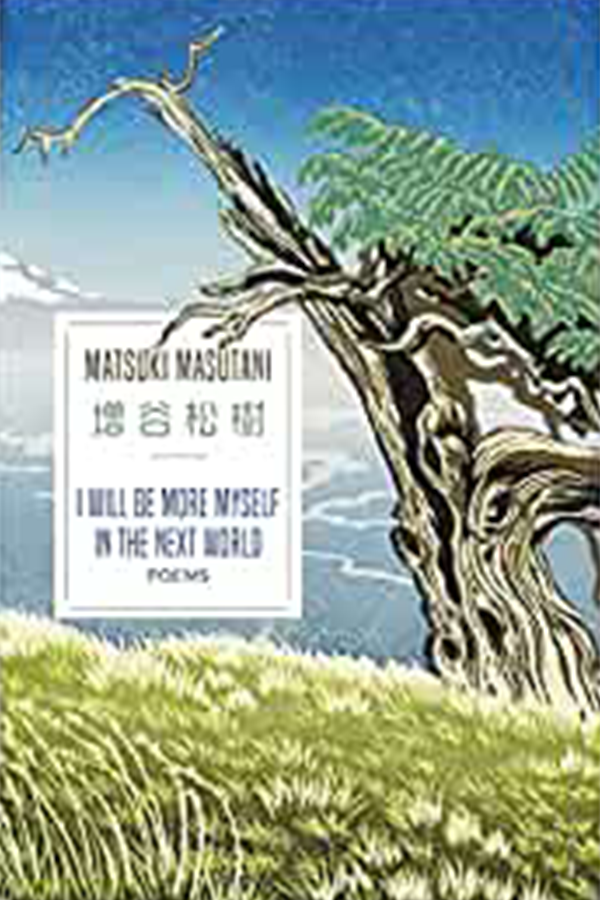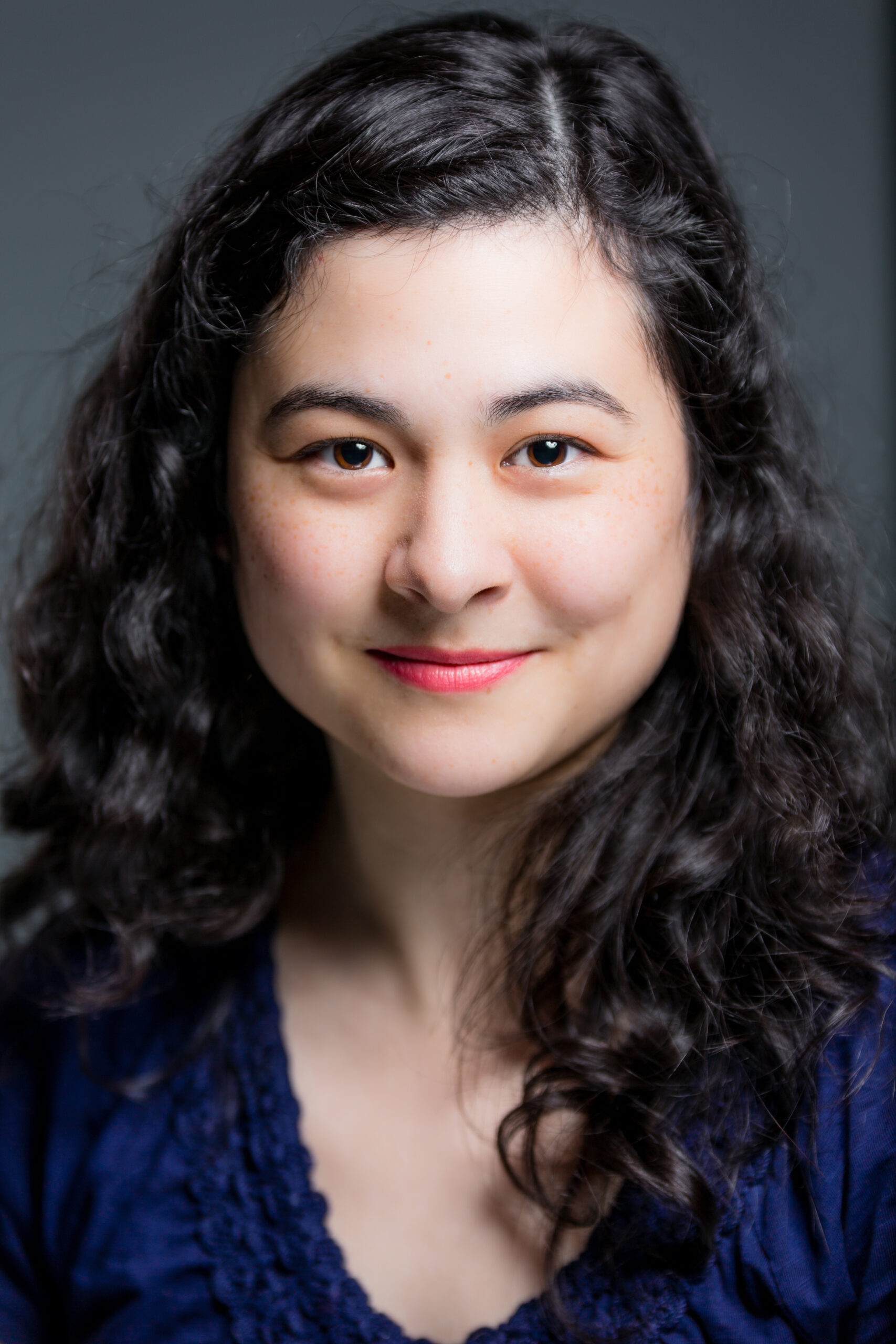I will be more myself in the next world is a collection of poems that are large by being small, diligently attending to the minutiae of domestic life and relationships with family and with the self. Dividing his book into seven sections, Masutani includes translations into his native Japanese for three of them, though he writes poetry in English after a suggestion from the poet and visual artist Roy Kiyooka (“Acknowledgements”). The structure of his book also takes guidance from Kiyooka, as each individual poem unfolds into the next as part of a longer thematic sequence, similar to Kiyooka’s serial style of poetry. Masutani is far from alone in claiming influence from Kiyooka, whose poetic works dating back to the 1960s serve in some ways as a precursor to a wider movement of Asian Canadian literature that began to flourish in the 1970s. It is a movement that Masutani has also been a contributor to, translating important works by Japanese Canadian authors such as Kiyooka and Hiromi Goto into their heritage language.

In the spare, impressionistic environment of Masutani’s poems, composed mainly of short lines of two to five words, a reader of the book’s English poems will be drawn into the need to make much of every single word. But Masutani’s Japanese translations add another layer of hypersensitivity to the reading experience: in poems as spare as these, grammatical shifts from English’s subject-verb-object structure to Japanese’s subject-object-verb are intensely felt. “my wife said / I abandoned her / in the middle / of a strange city / forcing her / out of our car” becomes, in a rough, literal translation, “I / my wife / from the car/ forcing out / in a strange city / abandoned her,” and the emotional arc of those six lines is drastically rearranged (“In her dream” and “夢の中で” / “yumenonakade”). A bilingual reader experiences the alternate arcs as the emotional shifts of translation which must occur for anyone who lives away from their native language.
Many of the poems particularly in this opening section of the book, “Marriage,” hinge around miniscule cores: a single remark as commonplace as “I’m back!” (“Loudly”), or the way that married couples refer to themselves as “We” (“I say “We”). The overall effect is of listening to something at a low volume: Masutani has turned the dial down to the very lowest level of audibility, charming the reader into perking their ears to hear every gentle, profound, or delightful nuance.
Masutani applies this minimalist focus not just to the immediately present everyday, but also to reflections on his entire life trajectory, and meditations on old age and dying: “I met a girl / with a nose ring / and moved to Canada”; “I must be fast / while going slow” (“Like my brothers”, “Between actions”). In this environment, gentle observations become sharp without losing their gentleness, and subtle witticisms make you laugh out loud. In their attentive labour and simple generosity, these poems thoroughly demonstrate Masutani’s reflection at the heart of this book, that “it is indeed earth-shattering / to keep this ordinary life / from shattering” (“In India I thought”).
Bios

Carolyn Nakagawa
Carolyn Nakagawa is a fourth-generation Anglo-Japanese Canadian poet and playwright who makes her home in the territory colonized as Vancouver, BC. Her work addresses themes such as the nuances of identity in collective contexts, and history’s continuing impact on the present. Nakagawa’s poems have appeared in publications such as The Malahat Review, CV2, and The New Quarterly, and she has read her work at Powell Street Festival and Heart of the City Festival. Her plays have been presented by Vancouver Asian Canadian Theatre and Ruby Slippers Theatre. She holds an honours degree in English Literature and Asian Canadian and Asian Migration Studies from the University of British Columbia. [update provided in 2023]

